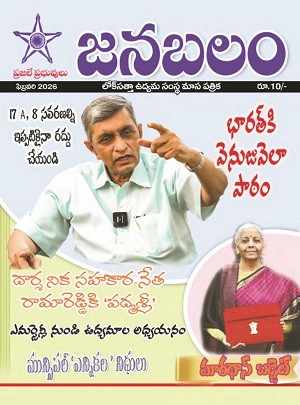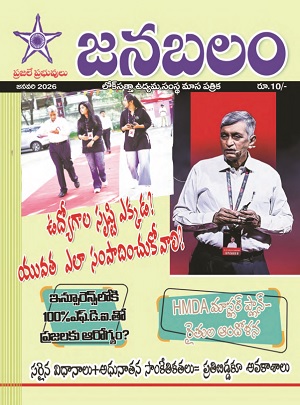The Fifth session of the Indian Democracy at Work Conference 2021 on Rule of Law saw a distinguished panel deliberate on ways of challenges in civil procedures and reforms needed.
Shri N. L. Rajah, Senior Advocate, Madras High Court chaired the session. Dr. Sudhir Krishnaswamy, Vice-Chancellor, NLSIU, Bengaluru, Justice (Dr.), Shalini Phansalkar Joshi, Former Judge, Bombay High Court, and Mr. Hiram E. Chodosh, President, Claremont McKenna College, USA and Dr. Jayaprakash Narayana, (Retd. IAS) and founder of Foundation for Democratic Reforms served as panelists. The main topics covered in this session were: 1.Institutionalizing case management in civil courts 2. Mitigating challenges in the functioning of Commercial Courts and 3. Updating pecuniary jurisdictions of civil courts
Shri N.L Rajah opened the session with welcoming all the panelists and complimented all for this much needed conference. Numerous commissions were set up to address this issue, however, much needed action is not coming forth. The main problems in the system are lower amount spent on judiciary as a ratio of GDP, low judge to population ratio, lack of prioritization of cases, and need for trained paralegals and more training of judges. He opened the discussion for panelists. Justice Shalini Joshi suggested that we should have Procedural bench and Trial benches for quicker disposal of cases. She also suggested introduction of managerial approach in the courts to quickly evaluate the complexity of cases and prioritize to process them. Classification of cases with respect to pecuniary and other jurisdictions will go a long way in helping the cases.
Dr. Sudhir Krishnaswamy complimented the organizers for selecting the critical topic and timely debate. He suggested that the problems should be measured not just in GDP and other indicators but also with more qualitative indicators. Problems are only evaluated from supply side and from the state side, and the demand side must also be looked into. Empirical grounded discourse with legal background and demand side analysis is also especially important. He gave an example that commercial dispute resolution slowdown in New Delhi courts is a classic example of how the delays have not be decreased by the Act and its amendments have failed to do the needful. We need to rethink of how our systems fundamentally. Handling Interim Orders, Interlocutory Orders, Setting Outcome Dates have shown good track record of clearing out cases quickly in common law countries.
Mr. Hiram E. Chodosh stated that all policy interventions still have limited impact and modest outcomes persist. We should look at structures and seek structural solutions in addition to procedural and systemic solutions commonly suggested. Most reforms are too little and too late and critical errors happen in diagnosing the problem. We need to start with having a clear vision of what to achieve and work towards it. Dr. Choodosh suggested we need to closely look at incentives and values the reform promotes and that previous reforms must be closely evaluated, and that we should monitor and analyze data more closely to get effective reforms.
Justice Shalini Joshi said that justice delivery in civil cases is simpler than in criminal cases. In criminal cases the investigative and prosecuting agencies have a vital role, and the court alone cannot render justice. But in civil cases the Judge can make a vast difference. She onlined a series of practical and effective steps to render speedy justice in civil cases. Enhancing the pecuniary jurisdiction of trial courts as in Maharashtra, minimizing appeals, applying a sunset date so that the parties do not seek postponement indefinitely, and a competent case management system are at the heart of speedy and efficient justice in civil cases.





No comments:
Post a Comment